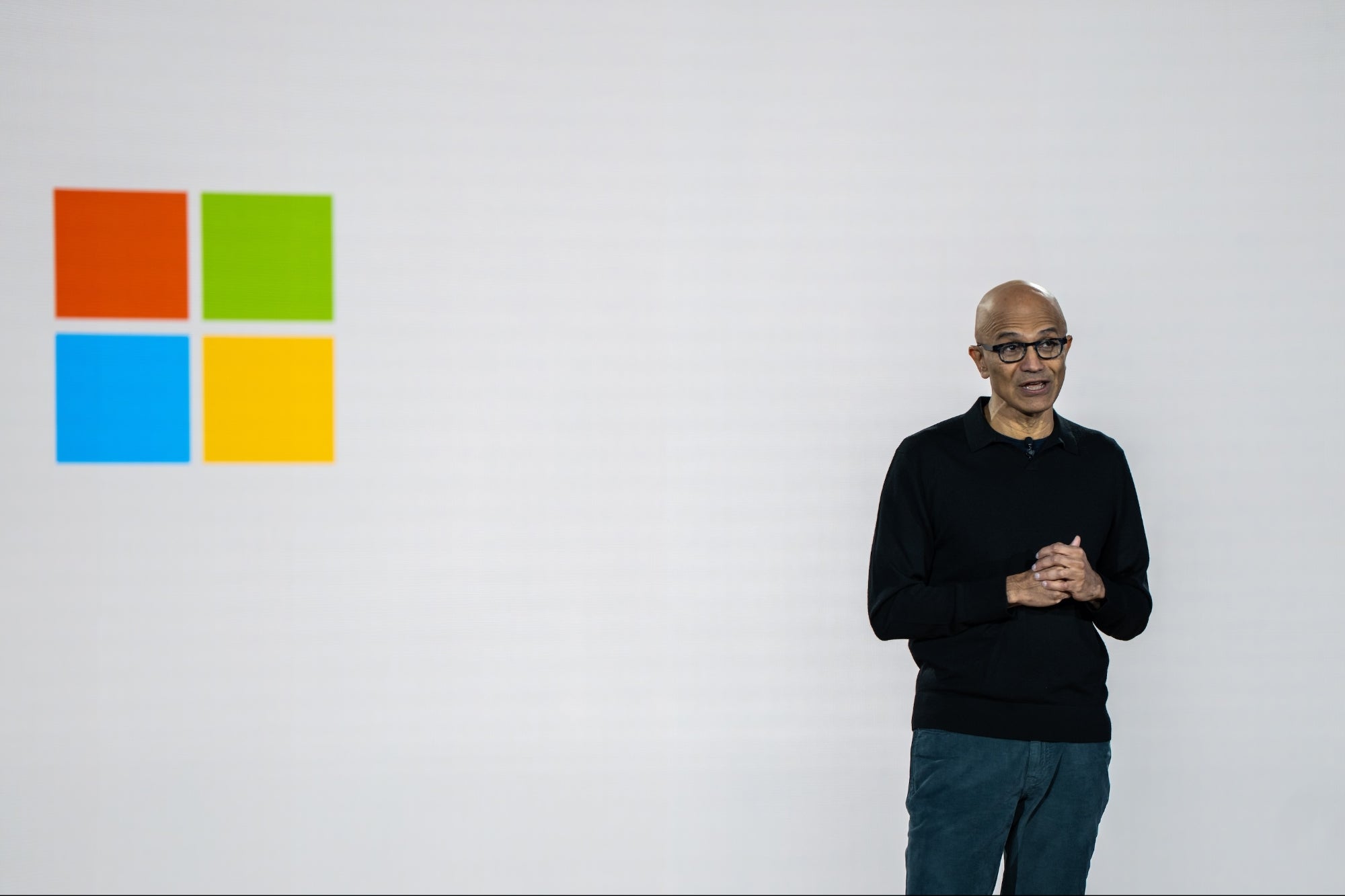To Boost Efficiency, Rethink Company Culture In this case study, telecom startup Grasshopper explains how rethinking its values helped realign the company's goals, reduce turnover and find the cash to reinvest in itself.
By Amy S. Choi
Opinions expressed by BIZ Experiences contributors are their own.
In this ongoing series, The Fix, we look at real problems faced by real companies and how they solved them.
The Challenge: At 21, Siamak Taghaddos thought the hallmark of a successful company was having 200 employees and growing exponentially every year. But rapid growth and hiring in the early years of Grasshopper, the virtual phone system for small companies that he co-founded in 2003 with David Hauser, led to a ballooning payroll and a staff of employees who were a poor cultural fit. Ten years later, only a fraction of employees remain from the company's start.
"At one point we had 65 employees and a huge payroll," he says. "It was hurting our ability to grow our business and focus on marketing. We learned it was easy to go from $5 million in revenue to $10 million, but hard to go from $50 million to $100 million."
Now, at 31, Taghaddos has a different view of success — an efficient operation with fewer, more specialized employees and less turnover. He's getting closer to his goal. Grasshopper now has 40 employees and $20 million in revenue, and is aiming for 10 percent growth a year. The company serves about 140,000 clients, and expects to roll out its service to the United Kingdom this year.
Related: How to Create a Company Culture That People Will Be Excited to Join
The Fix: Grasshopper standardized its culture and hiring processes to stabilize its staff and grow revenues. Pushed by the recession to assess their strengths and weaknesses, Taghaddos and Hauser hired Gazelles, the executive education consultancy, to evaluate their personalities and business goals.
For the first time, the founders established their core values, codifying their own working methods and personalities. They created an acronym, G.A.R.Y, which stands for Go above and beyond; Always BIZ Experiencesial; Radically passionate; and Your team, knowing they wanted hires who make the team their priority.
Once the values were established, the founders could measure themselves and their employees against them. "We could see who in our team wasn't radically passionate, who wasn't necessarily BIZ Experiencesial," says Taghaddos. "It helped us in doing employee reviews and shaped our hiring."
Grasshopper began to hire with passion and teambuilding in mind, seeking subject matter specialists rather than promoting from within. The shift offered some tangible operational improvements right away. Since hiring a director of engineering to manage the network operations and an SEO expert 18 months ago, there have been zero major unplanned outages and organic search has increased by 130% percent.
Today, the team-oriented streamlined staff is stable and turnover has reduced from 25% to 10% since 2008. With reduced payroll expenses, Grasshopper could invest in itself, and nearly doubled marketing's share of operations expense in that same period.
Related: Time for a Company Culture Audit
The Takeaway: Corporate culture isn't a nebulous, feel-good human resources concept. If employed effectively, it can be used to improve efficiency and cut costs.











